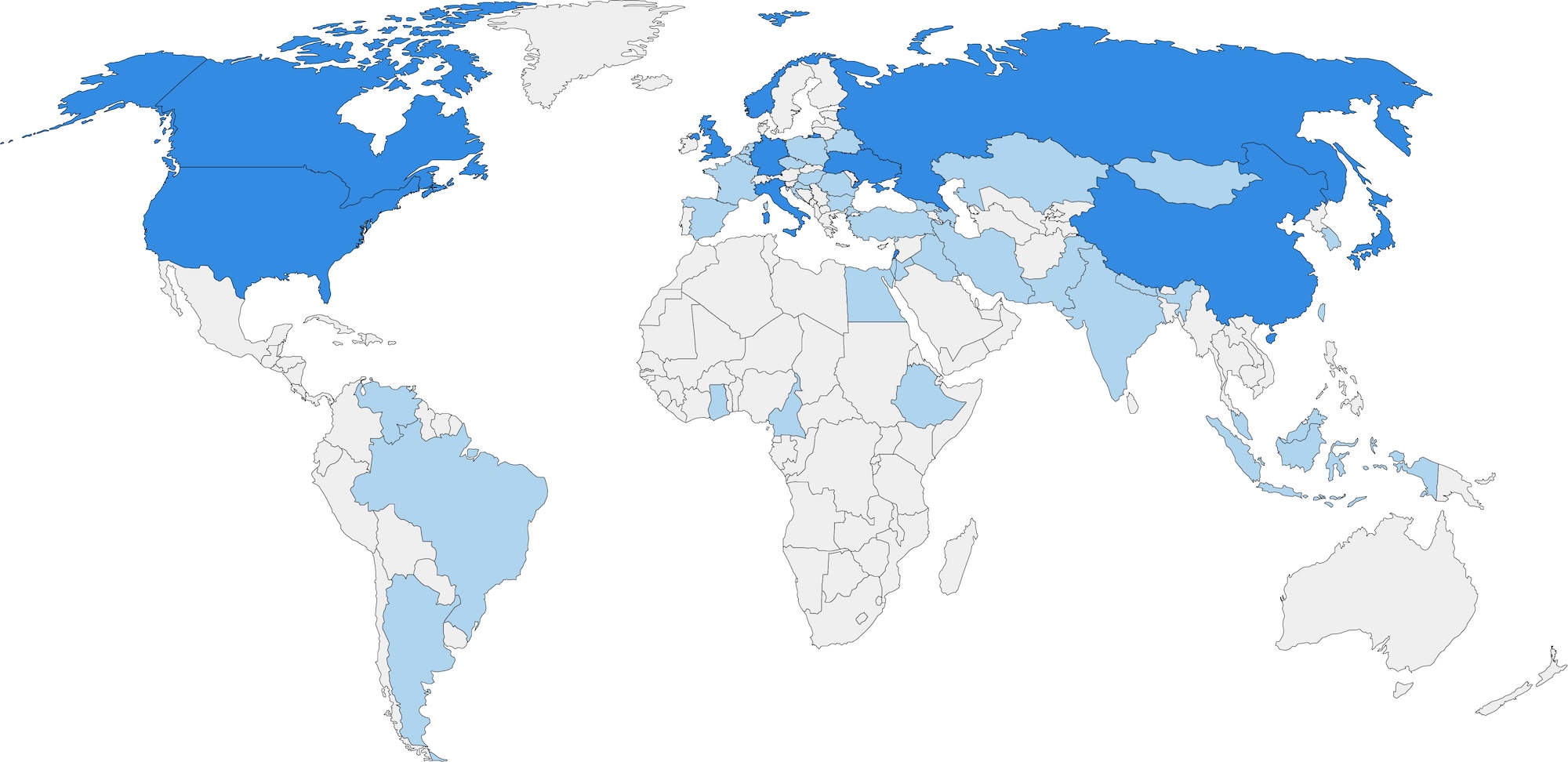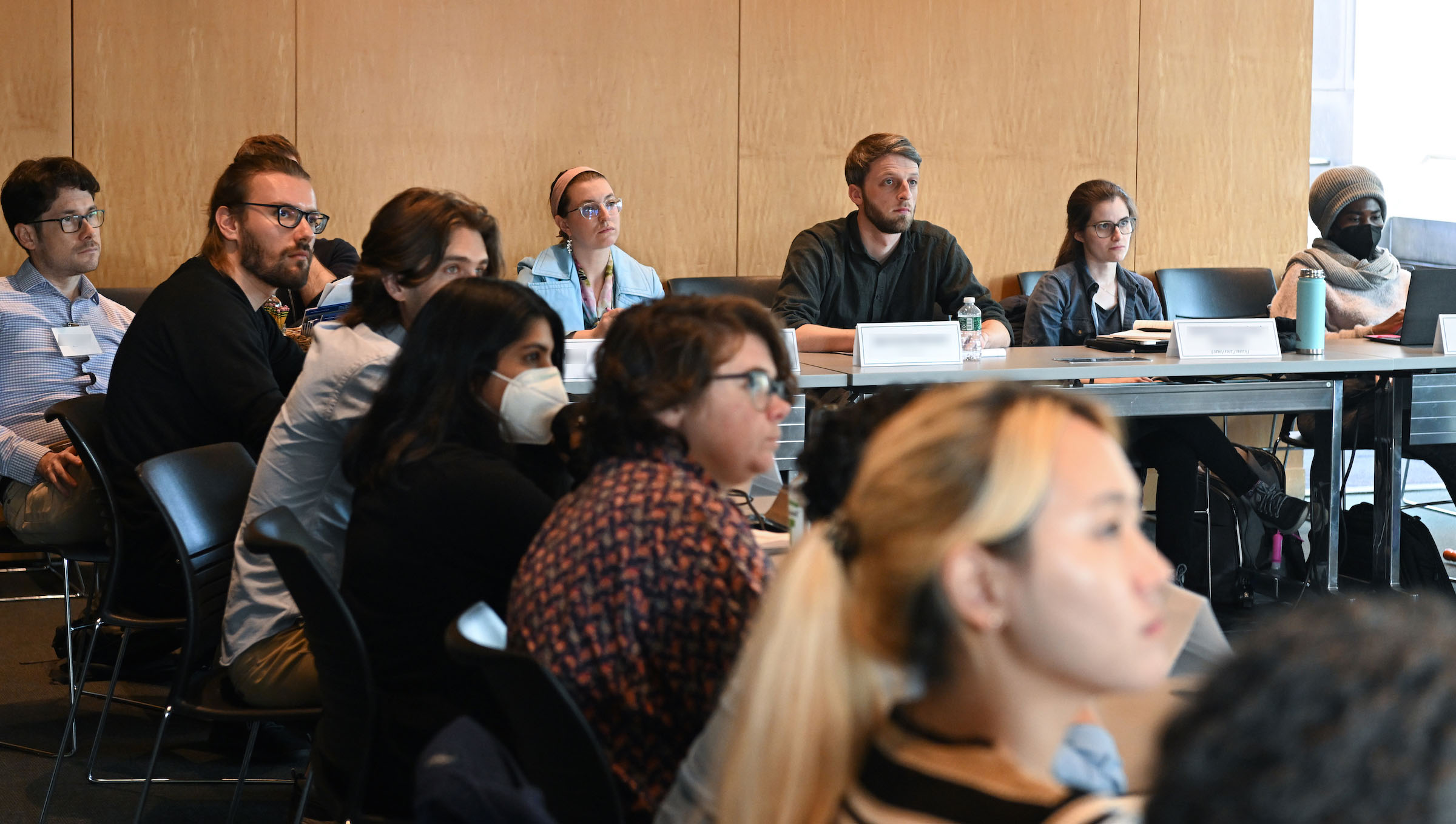The Princeton School on Science and Global Security, launched in 2020, trains next-generation scientists and engineers from around the world in technical perspectives on understanding, reducing and ending the threat from nuclear weapons. The goal is to provide skills and insights that participants can use in their own research, encourage and inspire them to investigate new ideas to advance global security and a safer and more peaceful world and to foster an international community of such researchers.
The School is organized by Princeton University’s Program on Science and Global Security (SGS), part of the School of Public and International Affairs.
The meeting includes presentations by invited graduate students, post-doctoral researchers and established researchers on topics such as fissile materials, verification, emerging technologies and missile defense. It also includes interactive learning experiences and tutorials, including how to understand and engage with nuclear weapon policy-making processes.
The most recent meeting took place in October, 2025. This year's cohort of early career scientists and engineers included sixteen participants from eight countries. The school covered many topics, including nuclear forensics; novel applications of data science and machine learning in anomaly detection; safeguards and monitoring of nuclear fuels; warhead verification; applications of quantum computing; as well as security concerns relating to space, artificial intelligence (AI), and robotics. There also was a specially invited presentation by Ambassador Alexander Kmentt (Director of the Disarmament, Arms Control and Nonproliferation at the Austrian Foreign Ministry) on international diplomacy at the United Nations to address the emerging challenges of lethal autonomous weapons.
The meeting in 2024 was included twenty-two student participants from twelve countries, who covered a diverse array of topics, including nuclear weapons arsenals, modernization, and policies in the United States, Russia, and China; nuclear weapon effects and nuclear war impacts; nuclear material and radiological contamination detection and monitoring, including the possible use of AI and robotics; nuclear weapon verification science; the safety of nuclear reactors in war zones and accidents at nuclear weapon facility accidents, nuclear weapons and reactors in space; disarmament education, and the role of physicists in nuclear policy processes.
The meeting in 2023 connected a diverse group of next-generation scientists and engineers who brought different perspectives to conversations on nuclear arms control, nonproliferation, and disarmament policy. It covered topics such as the U.S. strategic posture and the ethics of nuclear deterrence, the Treaty on the Prohibition of Nuclear Weapons (TPNW), computational modelling of nuclear weapons and nuclear forensics, neutrino detection and quantum sensing, hypersonic weapons, modeling the risk of nuclear explosions, and the war in Ukraine.
The meeting in 2022 covered topics such as the U.S. plutonium pit production and nuclear modernization, climatic effects of nuclear war, proliferation of LEO commercial satellites and space debris, neutrino nonproliferation detectors, mobile nuclear power plants, zero-knowledge nuclear verification, quantum sensing and nuclear explosion monitoring.
The Princeton School on Science and Global Security 2021 was cancelled due to the COVID-19 pandemic, while the Princeton School on Science and Global Security 2020 was held virtually.
History
The Princeton School on Science and Global Security traces its origins to the International School on Science and World Affairs organized by the forerunner of the Program on Science and Global Security and the Moscow Institute of Physics and Technology held over eight days in September 1989 outside Moscow. Princeton hosted the second International Summer School on Science and World Affairs in August 1990. The schools focused on nuclear disarmament and global environmental issues. The two schools grew out of discussions between the US physicist Frank von Hippel and the Soviet physicist Roald Sagdeev about the lack of a younger generation of Russian scientists knowledgeable about arms control issues. These discussions also led to the publication of a new international journal, Science & Global Security, with an initial editorial board of US and Soviet scientists.

Host countries (darker blue) and country of origin of participants (lighter blue) of previous Summer Schools.
The third Summer School was hosted in Moscow by the newly established Center for Arms Control, Energy, and Environmental Studies at Moscow Institute of Physics and Technology in 1991.There were small Chinese delegations at each of the first three Summer Symposiums and as a result the 1992 Summer School was held in Shanghai, hosted by the Center for American Studies (CAS) at Fudan University. It was organized together with the Union of Concerned Scientists (UCS) which took lead responsibility for future meetings until 2019. These meetings became known as the International Summer Symposium on Science and World Affairs. Since the first meeting in 1989, the gatherings have hosted over 500 scientists and researchers from over 40 countries.
